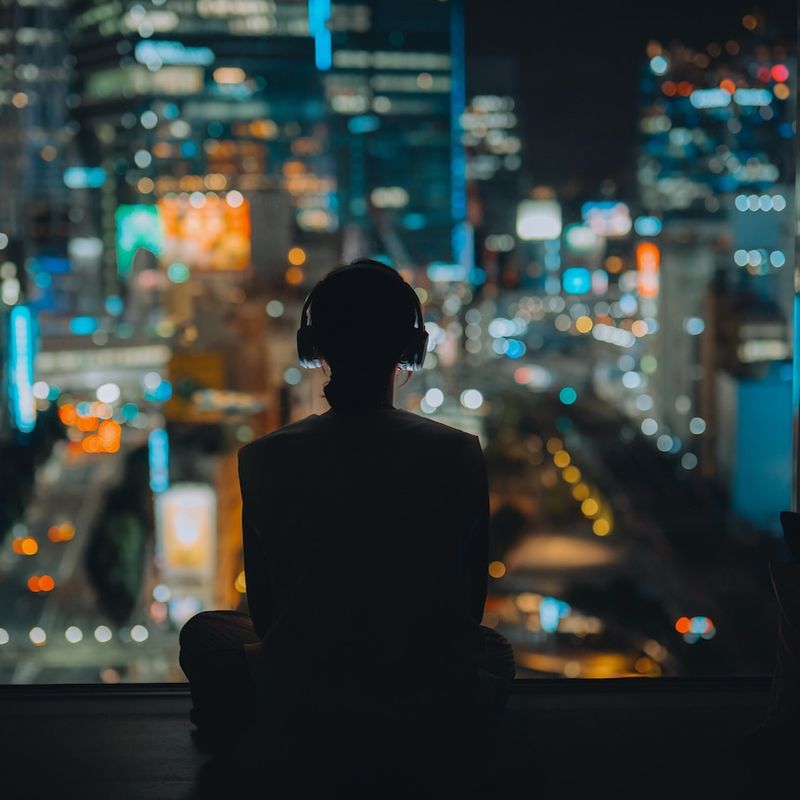Being labeled as ‘too sensitive’ often stems not from an innate flaw but from an acute awareness of how you are treated by others. This blog post explores seven signs that signify you are not overly sensitive but are simply attuned to poor treatment. Understanding these signs can empower you to embrace your sensitivity as a strength.
1. Empathy Overload

“Why do I feel everything so deeply?” If you find yourself asking this, it might be empathy’s burden. Your ability to sense another’s discomfort can be a gift and a challenge. When in crowded places, emotions can flood like a tidal wave.
This sensitivity is not a flaw but a testament to your understanding heart. Remember, it’s okay to step back and breathe.
Did you know? Empaths often excel in creative fields due to their deep emotional reservoir. Perhaps your sensitivity is a doorway to creativity.
2. Feeling Drained After Interactions

After a social gathering, do you feel like you’ve run a marathon? This sense of exhaustion is not uncommon. It’s a clear signal that you’re attuned to the energies around you.
The need to recharge after interactions shows your brain’s extra work in processing every nuance. While some see this as a drawback, it’s your superpower in disguise.
Fun fact: Many sensitive individuals find solace in nature, where they can reset their emotional compass.
3. Discomfort with Criticism

Criticism can feel like a punch in the gut. For those sensitive to treatment, it’s more than words—it’s a personal evaluation.
Rather than seeing this as a flaw, recognize it as a testament to your high standards and desire to improve. The key lies in differentiating constructive feedback from unnecessary negativity.
Remember, sensitivity to criticism can spark tremendous personal growth.
4. Avoidance of Confrontation

Confrontation might be your worst nightmare. The anticipation of conflict can cause endless ruminations.
But this avoidance isn’t cowardice; it’s a reflection of your desire for harmony. Your mind is wired to seek peaceful resolutions, valuing connection over conflict.
Interestingly, some of the most effective leaders are those who approach conflict with sensitivity and tact.
5. Heightened Perception of Injustice

Injustice lights a fire within you. Seeing others suffer or being treated unfairly can provoke strong emotional reactions.
This heightened perception isn’t about weakness; it’s about your strong moral compass. Standing up for others exemplifies your inner strength.
Did you know? Many social activists are sensitive individuals driven by their passion for justice.
6. Intense Need for Alone Time

Alone time isn’t just preferred; it’s essential. This solitude helps you recharge and process emotions that others might brush off.
In these moments, creativity flows, and insights emerge. Embrace this time as a sanctuary for personal growth.
Fun fact: Many famous thinkers and artists thrived in solitude, using it to fuel their creativity and introspection.
7. Sensitivity to Environment

Noises, lights, and chaos can overwhelm. Your sensitivity to environment means you notice subtleties others miss. This awareness can lead to feeling over-stimulated in vibrant settings.
While it might seem overwhelming, this trait allows you to see beauty where others might not.
Did you know? Many artists draw inspiration from their acute environmental awareness, creating masterpieces of observation.

